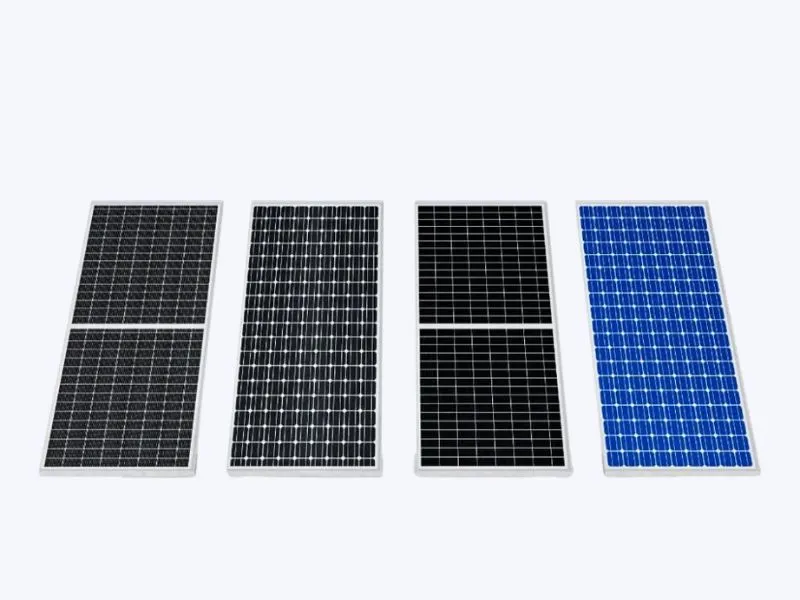Table of Contents
ToggleIntroduction:
When considering residential solar panels, it’s important to explore the different types available to find the best fit for your home. In this blog post, we’ll delve into the various types of solar panels commonly used for residential applications. Understanding the differences between monocrystalline, polycrystalline, and thin-film panels can help you make an informed decision when choosing the right solar technology for your home.
Monocrystalline Solar Panels:
Discover the benefits of monocrystalline solar panels, known for their high efficiency and sleek appearance. These panels are made from single-crystal silicon, offering superior performance in limited space.
Polycrystalline Solar Panels:
Explore the advantages of polycrystalline solar panels, which are made from multiple silicon crystals. These panels are cost-effective and provide good performance under various weather conditions.
Thin-Film Solar Panels:
Learn about thin-film solar panels, which are made by depositing a thin semiconductor layer onto a substrate. These panels are flexible, lightweight, and ideal for certain applications where rigid panels are not suitable.
Efficiency and Performance:
Compare the efficiency and performance characteristics of different panel types. Consider factors such as power output, temperature coefficient, and low-light performance to determine which type best suits your energy needs.
Space Considerations:
Evaluate the space available for solar panel installation on your property. Monocrystalline panels, with their higher efficiency, may be a suitable choice for limited roof space, while polycrystalline or thin-film panels can be considered for larger areas.
Aesthetics and Integration:
Consider the visual aspect and integration of solar panels into your home. Monocrystalline panels are often preferred for their sleek appearance, while thin-film panels can be integrated into unconventional areas or structures.
Conclusion:
Exploring the different types of solar panels, including monocrystalline, polycrystalline, and thin-film, allows homeowners to make an informed decision based on factors such as efficiency, space availability, aesthetics, and performance. Each panel type has its own advantages and considerations, and choosing the right one for your home will depend on your specific requirements and preferences.
Disclaimer: The information provided in this blog post is for general informational purposes only and should not be considered professional advice. Consult with a qualified solar installer for personalized guidance and recommendations regarding the selection of solar panels for residential use. The author and publisher are not responsible for any actions taken based on the information provided.


